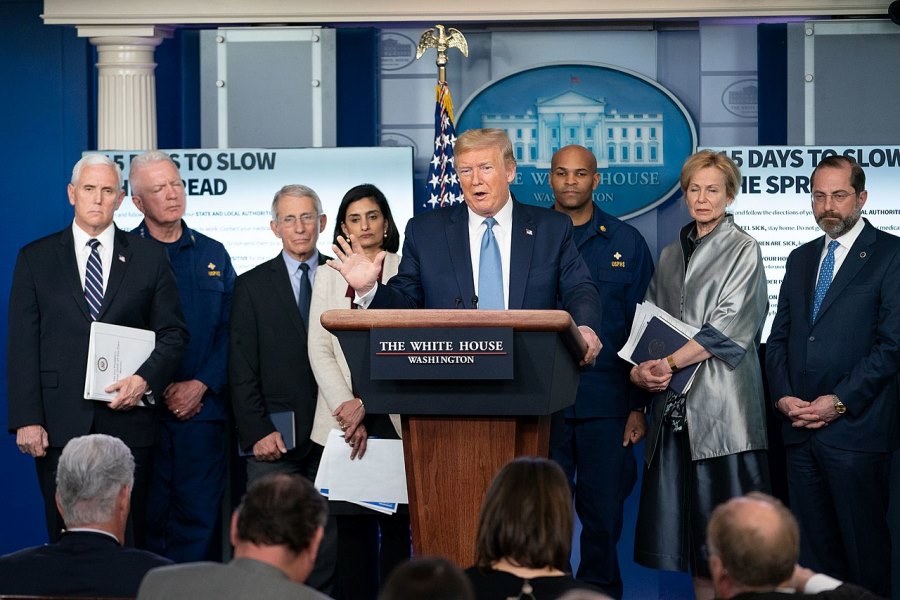Health
Recent Harvard research indicates that only nine states are safe to reopen [Video]

WHAT YOU NEED TO KNOW:
- The latest study from Harvard shows that less than a dozen states are advised to reopen amidst the coronavirus outbreak.
- Harvard warned though that testing should continue, along with efficient contract tracing and isolating measures.
- The report also indicated that the U.S is far behind the testing target of at least 900,000 per day.
According to a Harvard-NPR study out by Thursday, merely nine states have done sufficient coronavirus tests to control their health crisis, which enables them to open again by May 15.
The study also recommends that these nine states should also need to have a system for tracing and quarantining COVID-19 positive cases and those they had contracted with to ensure that May 15 reopening is safe.
The nine states which met the conditions listed on the study are
Wyoming, Alaska, Montana, Hawaii, West Virginia, North Dakota, Oregon, Utah,
and Tennessee, noting that these regions have enough testing capacity against
coronavirus cases.
States such as Massachusetts, New York, and New Jersey, on the other hand, are the areas with high population and greater COVID-19 pandemic but lacks testing facilities that would have been made available for them to be able to ease up measures by May 15.
Based on the standard set by the Harvard analysis, states such as Colorado, Georgia, and Texas are still behind in testing capacity, but that did not stop governors in lifting coronavirus restrictions.
Harvard Global Health Institute’s report says that the statistics are serious, noting that testing capacity has only improved in the last few weeks, and only a few states have advanced against the outbreak.
Generally, over 50 percent of the nation has either opened again or is still moving towards reopening in the coming weeks.
Youyang Gu’s models, which were often mentioned by Trump administration, were the basis of the NPR study for projected case counts, according to Ashish Jha, the institute’s director.
According to the institution, the model suggests that the U.S. should be able to conduct no less than 900,000 coronavirus-tests on a daily basis.
Currently, though, the U.S. is on only limited to an average of 248,000 tests per day, as per records by the COVID Tracking Project.
It was also suggested that States with more massive pandemics need to have more testing.
Jha also said that if a state decides to lift social distancing measures, testing requirements may be expanded because new infections have the tendency to increase.
Other than a more extensive testing capability, Jha noted that the region also needs to improve its contact tracing competencies, or else, a new crisis could happen.
Furthermore, the study observed that states that have already permitted some businesses to open again are not conducting enough tests.
The journal cited Georgia as an example because it should run 26,000 tests per day to ensure safe reopening by May 15, but currently, it is only conducting about 8,600 tests per day.
Source: The Hill
